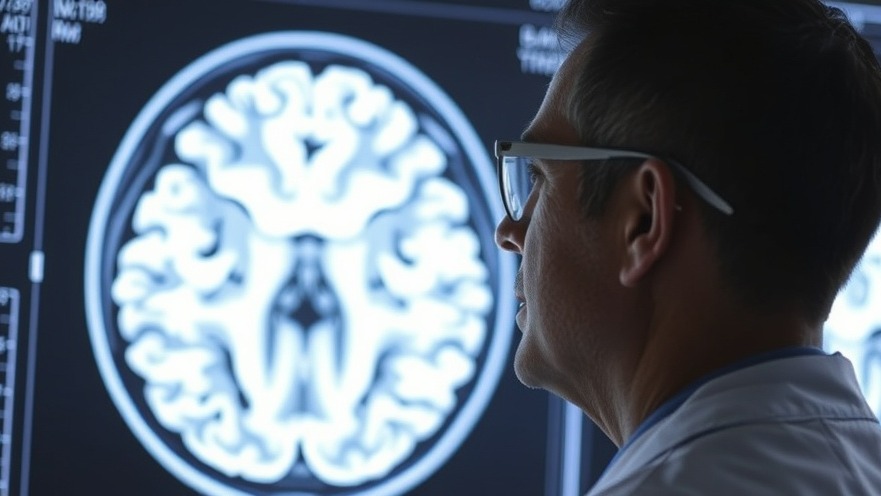
Understanding the Groundbreaking Discovery of Non-Invasive Brain Waste Clearance
In the ever-evolving field of neuroscience, a research team at the Institute for Basic Science (IBS) has unveiled a promising breakthrough that might change the landscape of how we approach age-related neurological disorders. They have discovered a non-invasive technique to enhance the brain's own waste clearance system—an innovation that has far-reaching implications for patient care and neurological health.
How the Brain Clears Waste: A Vital Process
The brain continually produces waste at a rate that surpasses other organs, making it crucial to clear harmful substances efficiently. This process involves cerebrospinal fluid (CSF), which helps wash away debris like amyloid-β and tau proteins, key contributors to neurodegenerative diseases such as Alzheimer’s. However, with age, the efficiency of this drainage system declines, often leading to cognitive impairment and associated disorders.
The researchers at IBS mapped out intricate pathways through which CSF drains into deep cervical lymph nodes, effectively tracing how waste is removed from the brain. Their findings highlight that primary care has limited options due to the deep location of these lymphatics within the neck, complicating non-invasive access to enhance CSF drainage.
Why Non-Invasive Mechanical Stimulation Matters
The IBS team, led by Director Koh Gou Young, has shown that applying precisely targeted mechanical stimulation to the skin on the neck and face can significantly enhance lymphatic flow and CSF drainage. This discovery brings a non-drug, non-surgical avenue for potentially preventing or treating neurological issues caused by waste accumulation in the brain.
Impacts Beyond the Laboratory: Real-World Applications
Practitioners in the field of concierge healthcare should take note of this emerging technology as it could offer a new way for patients to manage their neurological health. The method not only promises enhanced brain waste drainage but also supports overall brain function, potentially delaying the onset of degenerative diseases.
Future Predictions: The Path Forward
The research conducted at IBS marks a milestone in neurodegenerative disease studies. As the understanding of these mechanisms grows, so too could the technology that facilitates brain waste clearance. Anticipated advancements may include the development of devices that apply controlled mechanical stimulation to those vulnerable to cognitive decline. The potential to prevent or slow the progression of neurodegenerative disorders is a game-changer for both practitioners and patients alike.
Counterarguments: Considerations and Challenges
While the excitement surrounding this discovery is palpable, it's important for health practitioners to maintain a critical view. Not all patients may respond positively to mechanical stimulation, and there could be unknown side effects or complications yet to be evaluated. Continuing research and clinical trials will be essential to validate these results and explore the broader applicability in diverse patient populations.
Practical Insights: Implementing New Knowledge
This burgeoning research holds a wealth of insights for concierge health practitioners. Integrating knowledge of non-invasive methods to promote lymphatic drainage and brain health can empower them to offer holistic and cutting-edge care solutions. Staying attuned to the latest research can set practitioners apart in their ability to provide innovative patient solutions.
Conclusion: A Gateway to Enhanced Patient Outcomes
As this remarkable research unfolds, it offers a fresh perspective on managing neurological health. The implication for concierge health practitioners cannot be overstated—the potential to influence brain waste management and enhance cognitive function through non-invasive approaches could redefine patient outcomes in substantial ways. Practitioners must remain engaged with such advances to provide the highest level of care.
 Add Row
Add Row  Add
Add 






Write A Comment